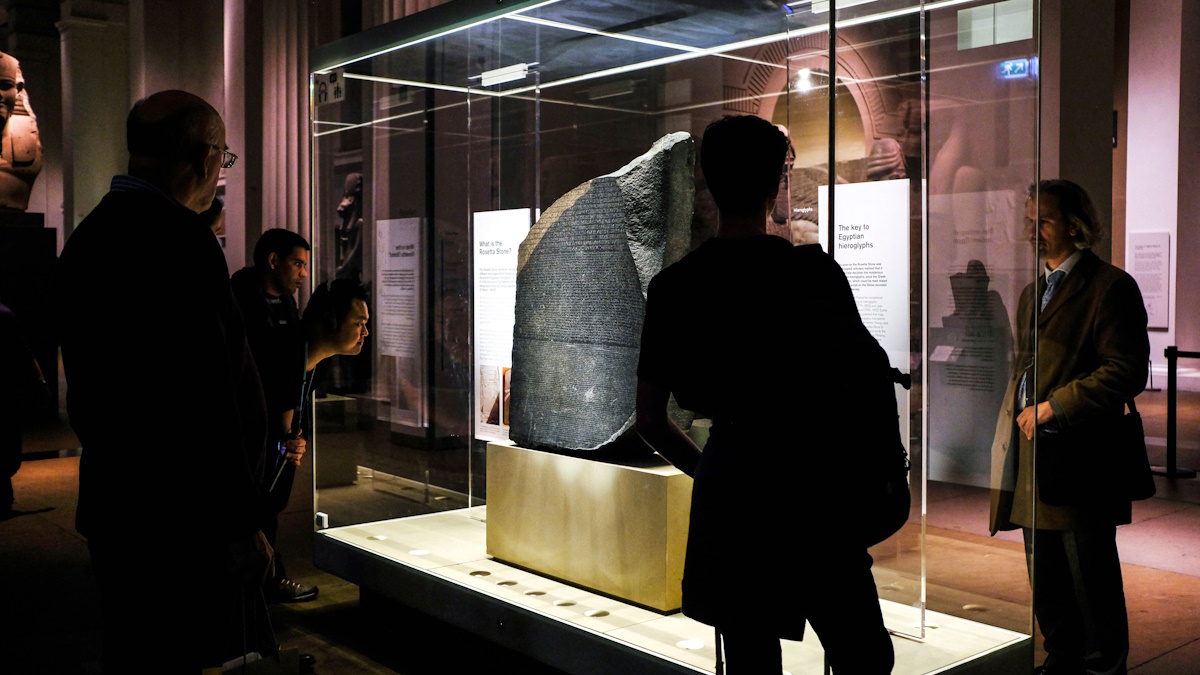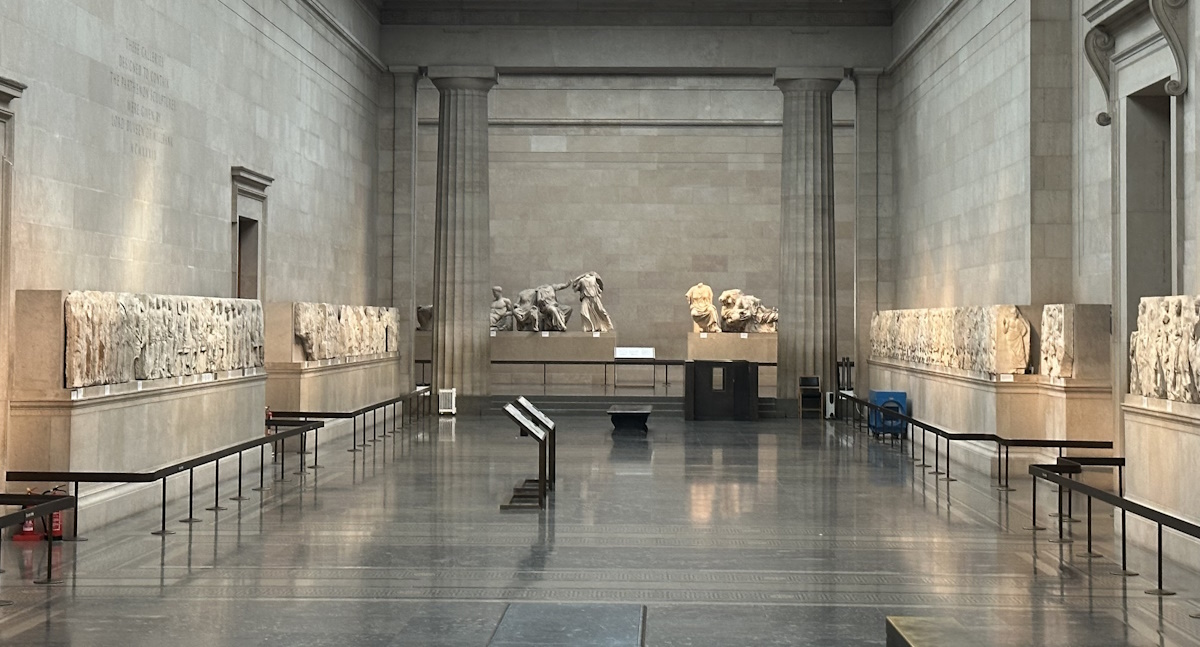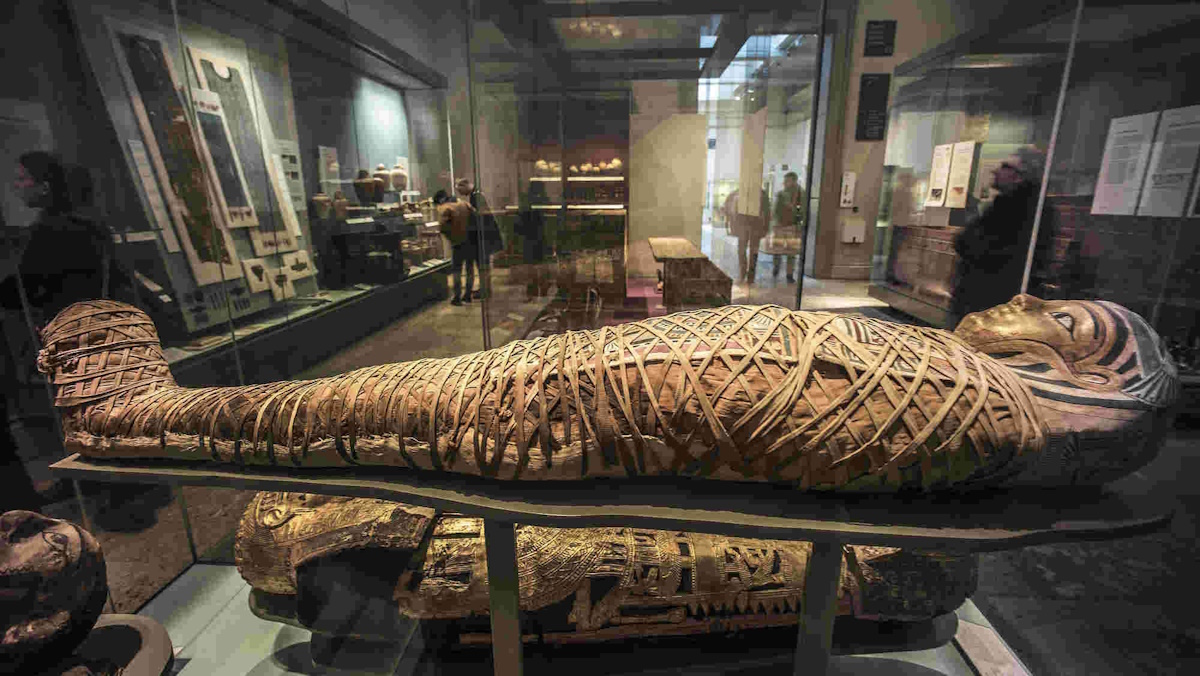The British Museum
The British Museum, located in the Bloomsbury area of London, is a world-renowned institution dedicated to human history, art, and culture. Founded in 1753, it was the first national public museum in the world and has since become one of the most visited museums globally, attracting millions of visitors each year.
History of the Museum
The British Museum was established in 1753, based on the collections of the physician and scientist Sir Hans Sloane. It first opened to the public on 15 January 1759 in Montagu House, on the site of the current building. The museum's expansion over the next two and a half centuries was largely a result of expanding British colonial footprint and resulted in the creation of several branch institutions, the first being the Natural History Museum in 1881.
World-Famous Collections

The Rosetta Stone
The key to deciphering Egyptian hieroglyphs, dating back to 196 BC.

The Parthenon Marbles
Classical Greek marble sculptures from the Athenian Acropolis.

Egyptian Mummies
A vast collection of mummies and funerary objects from ancient Egypt.
Visiting The British Museum
The British Museum is open daily from 10:00 AM to 5:00 PM, with extended hours on Fridays. Admission is free for all visitors, though some special exhibitions may require tickets. The museum offers guided tours, audio guides, and interactive displays to enhance the visitor experience.
Location: Great Russell Street, London WC1B 3DG, United Kingdom
Official WebsiteControversies and Repatriation Debates
The British Museum has been at the center of numerous debates regarding the repatriation of artifacts to their countries of origin. Notable examples include the Parthenon Marbles (also known as the Elgin Marbles) and the Benin Bronzes. These debates raise important questions about cultural heritage, ownership, and the role of museums in the modern world.